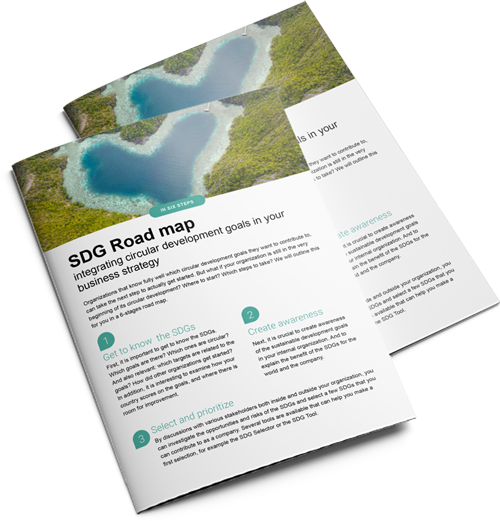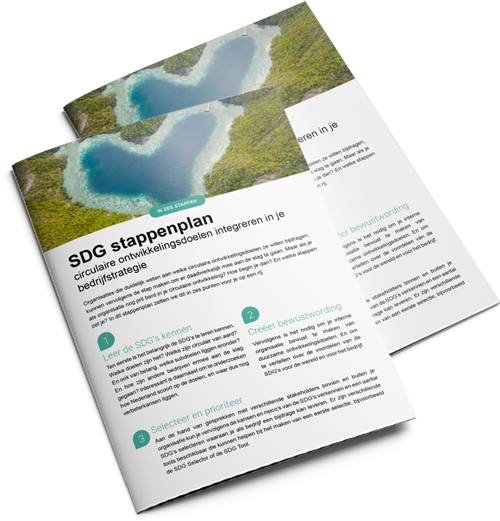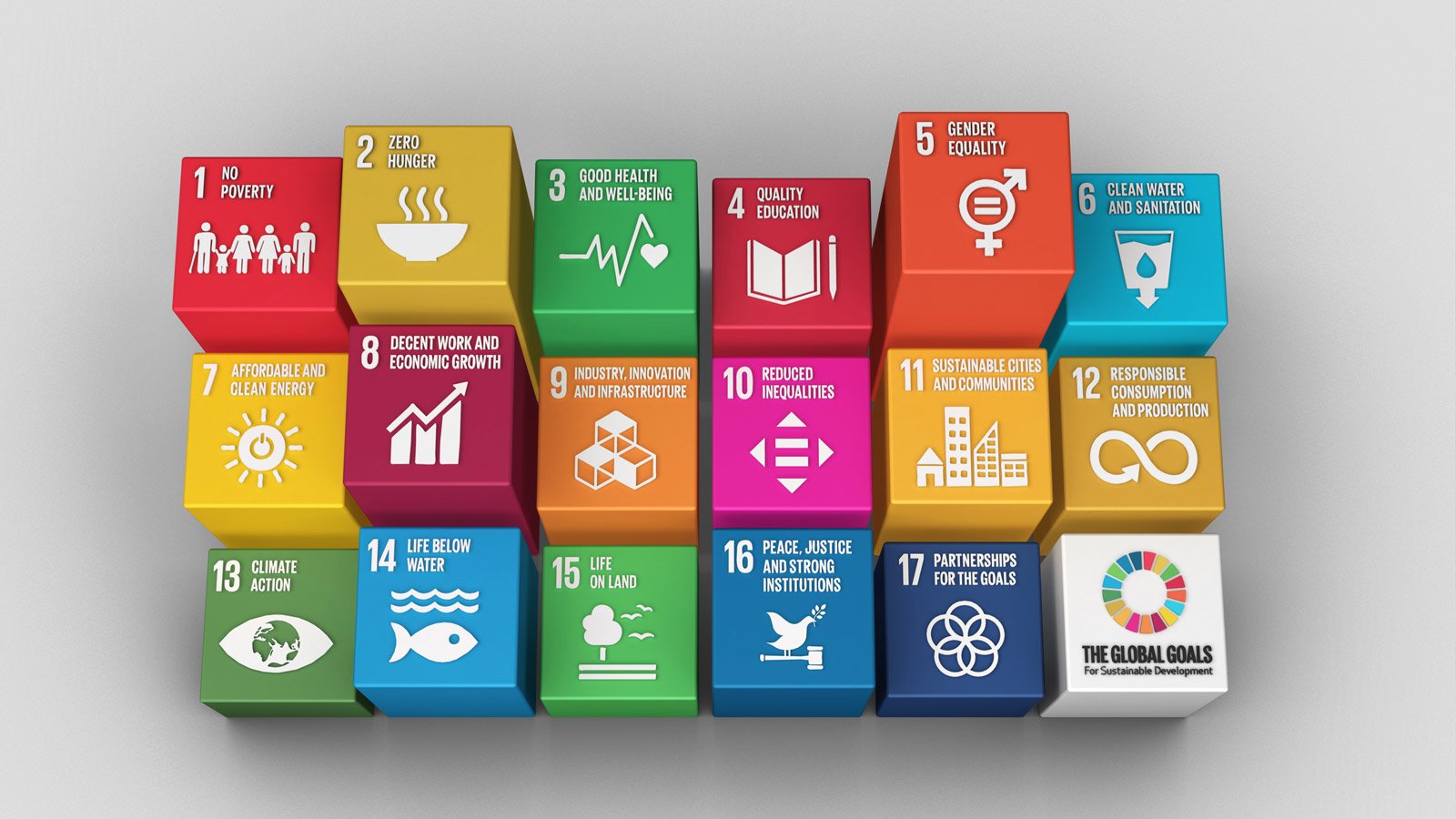At the conclusion of the Paris Climate Agreement in 2015, the Sustainable Development Goals were also presented. These are 17 goals to make the world a better place by 2030. But the closer toward that year mark, the further the SDGs seem to get out of sight. Moreover, with the introduction of European regulations, companies are also grasping for other ways to measure their sustainable progress. Still, the SDGs remain important.
In the latest National Monitor SDGs, there is not a shred of doubt about the usefulness and necessity of adhering to the global development goals. It is an unabatedly strong and relevant framework for addressing today's societal challenges, it is written.
Progress on goals lags
But, there are in addition concerns, according to the recently released UN report on commodities Bend the Trend. More global crises are causing progress on goals to lag. Our resource use is the leading cause of the global climate crisis. And our use of materials is growing at an average annual rate of more than 2 percent.
Even in the Netherlands, at the current rate of sustainability, the goals seem unattainable. Especially on the environmental goals, there are challenges. For example, SDGs 13, 14 and 15 are in jeopardy. There is still too little climate action, biodiversity is under pressure and overfishing, among other things, is also causing the goal over water to slip out of sight.
Read also

Download the SDG roadmap for businesses
The role of business
To achieve the goals, or at least accelerate progress, much is expected of the business community. That is where the key lies, the monitor states. Attention to sustainability in the business community is fortunately growing, so that is positive. The urgency is great to save energy and deal more critically with raw materials, precisely because global crises painfully expose the dependence on material flows. However, even in business, things are deteriorating in the areas of biodiversity and transparency in the chain. Moreover, smaller companies in particular are waiting to take sustainable measures.
New focus on sustainability
New European laws and regulations, such as the Corporate Sustainable Reporting Directive (CSRD), are reviving the importance of collecting and making transparent sustainability data. Over the past year, reporting companies have started to practice with the new reporting directive en masse. The EU Taxonomy is also making its appearance. This classification system shows whether investments can be classified as sustainable. Furthermore, the Corporate Governance Code and the Due Dilligence Directive are bringing more attention to sustainability in business.
Paper tiger?
However, vigilance is called for, as the multitude of instruments can lead to the creation of a paper tiger, which is not in tune with practice, the monitor notes. Another danger is that the SDGs may fade into the background, with these "new" legal obligations. After all, the UN development goals are not mandatory. Moreover, critics believe that the SDGs are too complicated and not concrete enough. In addition, they lack clear and unambiguous scenarios on how to achieve the goals by 2030. What is striking after desk research of various annual reports of Dutch companies is that although there is reporting on the SDGs that companies want to contribute to, it is often not specified in sub-goals, nor is it concretely quantified what the progress on the goals is.
SDGs remain important
Still, it is important to continue using the Sustainable Development Goals as a capstone for sustainable development for several reasons. Milgro lists three.
- One language
There remains a need for one common language for sustainability in its broadest sense. A positive agenda linking all sustainability themes, and that globally. The SDGs are about climate, as well as poverty and equality. The SDGs are about healthy economic growth, and also about cooperation. It is precisely this overarching story, the story about people, planet and economy, that the SDGs tell. - Other values
Sustainability is measured primarily by hard criteria. A business case for a sustainable investment. Or the reduction of CO2 emissions. The SDGs show that there are so many other values than euros or Megatons. The SDGs stimulate our emotional intelligence, not just our ratio, converted into hard euros. Economics is about money, people are not. - A clear horizon
Critics dismiss the SDGs as abstract; however, the horizon is clear. The year 2030 is a clear dot on the horizon to work toward. Because of the SDGs, the year also represents a major global measurement of the state of our planet.
The only way to achieve the SDGs
Back to the recently published UN report. It describes the best and only way to achieve the sustainable development goals. That is by significantly reducing our use of raw materials for food, mobility, housing and energy.
Action Leadership with Milgro
As far as Milgro is concerned, the time has passed to ask for a concrete translation of SDGs into corporate goals and clear scenarios for the SDGs. For business, the era of "Action Leadership" has arrived. Above all, let us show the world in our actions (and in our CSRD annual reports) that we can make positive impact and that we are committed to scaling up our impact. Milgro delivers concrete impact on behalf of the raw materials transition and is happy to seek cooperation with you. In this way, we can increase our joint positive impact.
Stay informed
Stay up to date on all new developments? Follow us on LinkedIn or Instagram. Or subscribe to the newsletter. Are you curious about what Milgro can do for your operations and waste process? Contact us












